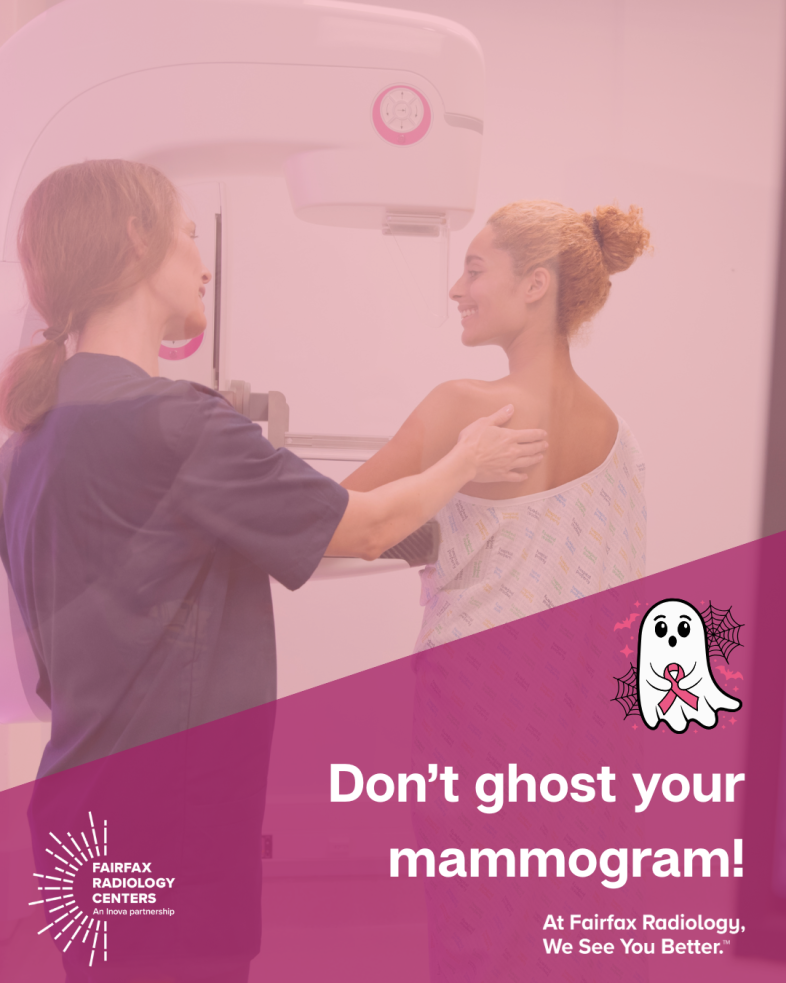A recent large-scale study published in The BMJ has shed new light on how skipping your first mammogram screening might carry long-term consequences — and what we can do to turn things around. BMJ+3BMJ+3PubMed+3
What did the study find?
- The researchers followed over 430,000 women in Sweden between 1991 and 2020. PubMed+1
- About 32% of these women did not attend their first invitation to screening. PubMed+2BMJ+2
- Those who skipped the first screening tended to skip subsequent ones too. Over time, they were more likely to be diagnosed with later-stage breast cancer (stages III and IV) compared to those who attended. BMJ+4BMJ+4PubMed+4
- When it came to mortality, women who didn’t attend the first screening had a 40% higher risk of dying from breast cancer over 25 years. BMJ+2BMJ+2
- Interestingly, though, the overall incidence of breast cancer wasn’t much different between the two groups (7.8% vs 7.6%). That suggests the increased deaths were more about delayed detection rather than more cancers occurring. BMJ+3PubMed+3BMJ+3
What this doesn’t mean:
This is an observational study, which means it can’t prove that skipping your first mammogram causes higher mortality. Other factors (health behaviors, access, socioeconomic differences) may also play a role. BMJ+2BMJ+2 Also, results from Sweden may not map exactly onto other countries with different health systems or screening protocols. BMJ+1
Why it matters—and what we can do
- First participation seems to set a pattern. Women who attend initially are more likely to continue. Miss it, and you might fall off the screening radar.
- Because the elevated risk appears driven by later diagnosis rather than more cancers, early detection remains vital.
- This study signals a real opportunity for interventions: outreach, reminders, education, and support targeted to those who miss their first screening could reduce avoidable deaths.
Bottom line
Your first mammogram appointment isn’t just a milestone — it’s a foundation for long-term breast health. If you’ve been delaying that first screening, talk with your doctor. Getting started is a powerful step you can take.
